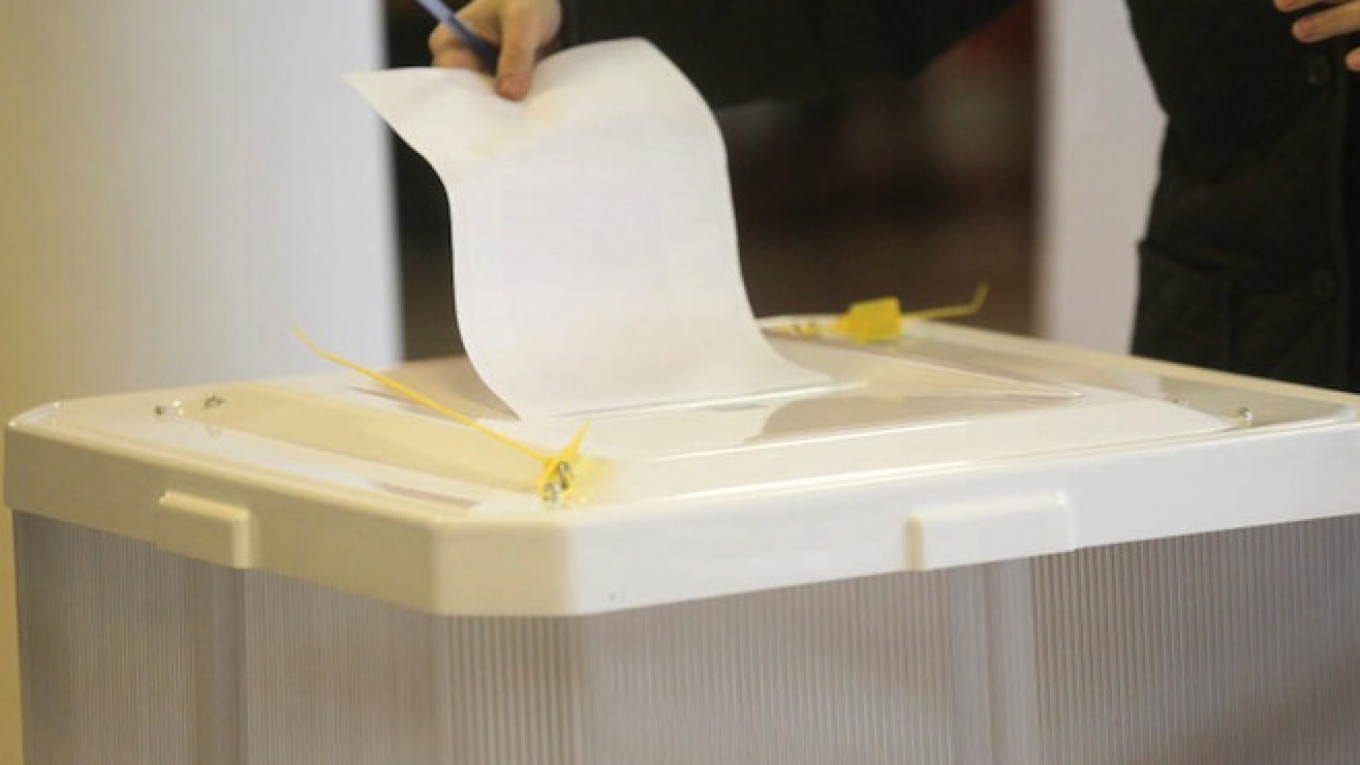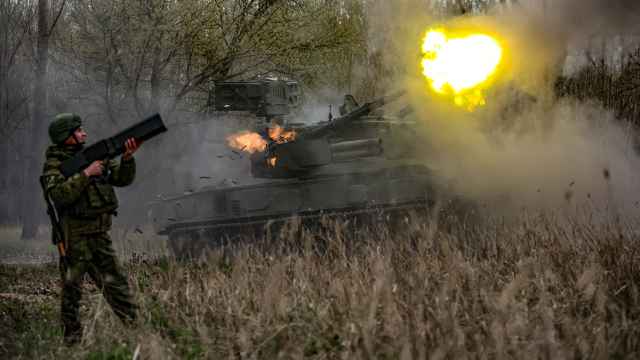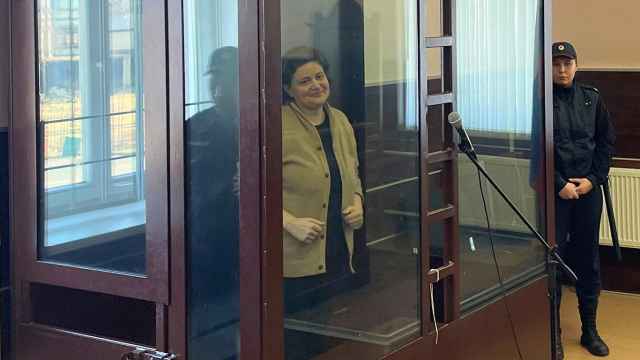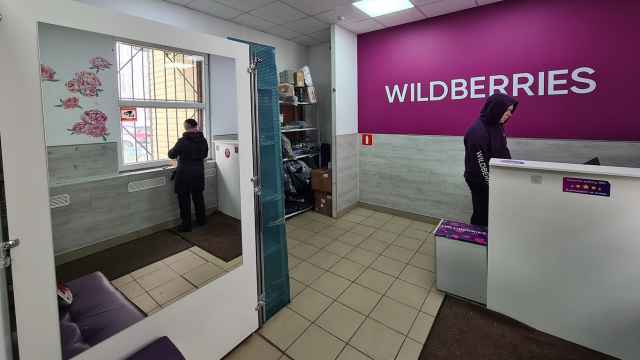Nationwide elections that took place Sunday ended with few surprises, leaving most of the governors and lawmakers from the ruling United Russia party in their seats.
People all over Russia voted Sunday for the governors of 21 Russian regions and more than 1,300 heads of small city administrations, together with deputies for 11 regional parliaments and 25 city legislatures.
The only intrigue remains in the Irkutsk region, where acting governor Sergei Yeroshchenko, put forward as a candidate by the United Russia party, was forced into a second round of voting on Sept. 27 by his Communist opponent Sergei Levchenko.
The situation, though unusual for the country — this is the first time a second round of voting will be held since gubernatorial elections were reinstated in 2012 — is familiar to residents of the region and especially to Levchenko.
In 2001 he pushed Boris Govorin, then the incumbent governor, into a second round of voting, the Kommersant newspaper reported Monday.
This year Yeroshchenko failed to win the more than 50 percent of votes required to declare the elections complete in the first round. Levchenko got almost 40 percent.
In some regions, sitting governors were re-elected with phenomenally high results. In the Kemerovo region Aman Tuleyev, who has been governor for almost 20 years now, won 96.7 percent of the votes. His longtime counterpart in Tatarstan, Rustam Minnikhanov, also won more than 95 percent of the votes.
In the Penza, Krasnodar, Bryansk and Leningrad regions the winners — also current acting governors — all got about 80 percent of the vote.
Russian opposition firebrand Alexei Navalny's Democratic Coalition, which had put forward candidates for the Kostroma regional parliament on the Parnas party ticket, failed to surpass the 5 percent barrier required for representation.
Despite numerous cases of fraud reported by the coalition's observers on Sunday, Kostroma's number-one candidate — longtime ally of slain opposition leader Boris Nemtsov, Ilya Yashin — admitted defeat.
“We lost. Parnas' actual result, not counting the rigging and all the fraudulent ballots, is not much higher than the official one. We didn't make it past the 5 percent barrier,” he wrote on his Facebook page Monday.
The opposition's poor showing inspired several stunts by unidentified but presumably pro-Kremlin activists that played on Navalny's alleged ties to foreign governments.
On Monday, Navalny, who had gone to Kostroma for the elections, found his car plastered with small U.S. flags.
In Moscow, someone hung a giant poster in front of the U.S. Embassy that depicted Navalny, Yashin and their allies sitting on toilet seats with their pants down. The caption read “Sorry, we failed,” according to images published by the LifeNews tabloid website Monday.
Another poster, the report said, compared Yashin and his comrades to Polish invaders whom the folklore hero, Kostroma peasant Ivan Susanin, lured into the woods, thereby saving Russia's tsar-elect Mikhail Romanov and the crown. “Foreigners have never been lucky in Kostroma,” the poster said.
During Sunday's elections more than 1,500 violations were registered by the independent election watchdog Golos, and independent observers came under pressure from local officials. In the most drastic development, the Kostroma office of the Otkrytye Vybory (Open Elections) observers' organization was raided by police who said they had reason to believe it was a murder scene.
Contact the author at d.litvinova@imedia.ru
A Message from The Moscow Times:
Dear readers,
We are facing unprecedented challenges. Russia's Prosecutor General's Office has designated The Moscow Times as an "undesirable" organization, criminalizing our work and putting our staff at risk of prosecution. This follows our earlier unjust labeling as a "foreign agent."
These actions are direct attempts to silence independent journalism in Russia. The authorities claim our work "discredits the decisions of the Russian leadership." We see things differently: we strive to provide accurate, unbiased reporting on Russia.
We, the journalists of The Moscow Times, refuse to be silenced. But to continue our work, we need your help.
Your support, no matter how small, makes a world of difference. If you can, please support us monthly starting from just $2. It's quick to set up, and every contribution makes a significant impact.
By supporting The Moscow Times, you're defending open, independent journalism in the face of repression. Thank you for standing with us.
Remind me later.






